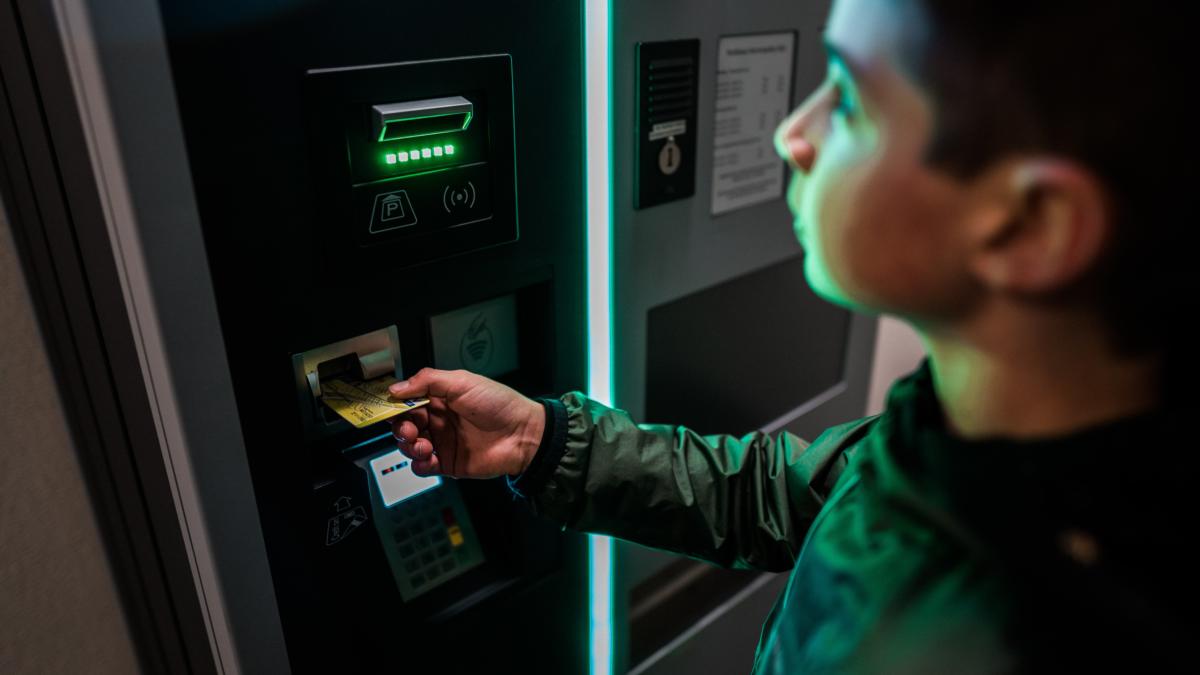Philadelphia’s city government is failing at a lot of things at the same time. Crime rates — and most greviously, murder rates — are climbing after decades of decline. Streets are full of potholes, which is nothing new, but now they are also full of uncollected garbage. The Department of Licenses and Inspections has a backlog that holds up construction projects around the city. Zoning changes take months or even years to be approved, according to the whims of councilmanic prerogative. Much of this is blamed on COVID-19, but long-time residents must find that assertion ridiculous. The decline has been years in the making.
So what do progressives on City Council want to do? Have the city take on more responsibility, of course. Led by at-large member Derek Green, many now believe the city should operate a bank.
What could go wrong?
A public bank would operate, in many ways, like a normal bank, taking deposits and making loans. But it would be owned by the city, not shareholders, and rather than a profit motive, it would be guided by whatever the city government thought was important at the time.
In an op-ed in the Inquirer, Green noted that “[c]oncentrated poverty, inadequate paychecks, and too few jobs have limited Philadelphians’ economic security for too long.” That is certainly true. Philadelphia is the poorest of America’s big cities. But none of the other, better-run cities have achieved any of their success in fighting poverty by starting a government-run bank. In fact, very few places in the United States have any such thing. The best known is the state-owned Bank of North Dakota, a century-old state credit union that was created in a time and place that bear no resemblance to our own.
City Council gave the appearance of performing due diligence on the question, hiring consultants who told them what they wanted to hear: it’s a great idea! HR&A Advisors, in a report jointly issued with city employees, said that a city-controlled public bank can be feasible, while admitting that the enterprise would be legally dubious under current state law and would require a banking charter from Harrisburg. Both are unlikely from a state government that has historically been reluctant to encourage city politicians’ reckless adventurism.
A city-owned bank would become the plaything of politicians. City Council already controls the disposition of all of the many taxes the city collects. Creating a bank would help it to leverage that with outside deposits and the proceeds of bond sales. Look at the rogue’s gallery of officeholders in this city and ask yourself: Should these people have even more money and power? Even the 15 city council members who are not under federal indictment do not inspire confidence.
With a dozen banks in the city — not to mention credit unions — it is hard to imagine that a lack of access to banking is what holds back economic growth in the city. There is no conspiracy of banking big-shots working to deny businesses loans. Banks like to give loans. It’s how they make their money. And, as the 2008 credit crisis showed, they even loan money where they shouldn’t. Credit is as plentiful in Philadelphia as it is in any city in America.
If City Council wanted to make Philadelphia friendlier to business, they could fix the problems that scare off investment: high taxes, slow bureaucracy, poorly administered services, and a
pervasive atmosphere of corruption. But it is this last point — corruption — that leads them to want a bank that is completely under their control.
Green wrote that the goal of a government bank would be “providing access to capital for businesses and individuals who have not been able to obtain loans from traditional lenders.” Traditional banks and credit unions lend money because they think they will be repaid with interest. What alternate goals could a city bank have? Even looser lending standards would certainly risk depositors’ money — a big problem when the biggest depositor would be the city itself. Who would have to cover such losses? The taxpayer, naturally.
We have seen already that any government chokepoint in a financial transaction will become a locus for corruption. Zoning changes, for example, are supposed to be processed through an independent Zoning Board of Adjustment. In practice, they are controlled by the council member representing the district in question, leading to shakedowns and bribes like the ones that gave rise to Councilman Kenyatta Johnson’s federal indictment in 2020. The contracts for COVID testing were similar, with city Health Department employees helping to rig bids for well-connected groups.
Would a bank be any different? Would council members’ friends and campaign donors be given preferential treatment? As Calvin Coolidge said, “government control cannot be divorced from political control.” If something is government-run, it is politician-run. And until Philadelphia elects a better class of politician, we should let them run as little as humanly possible.





